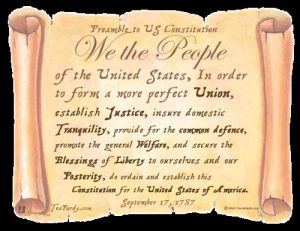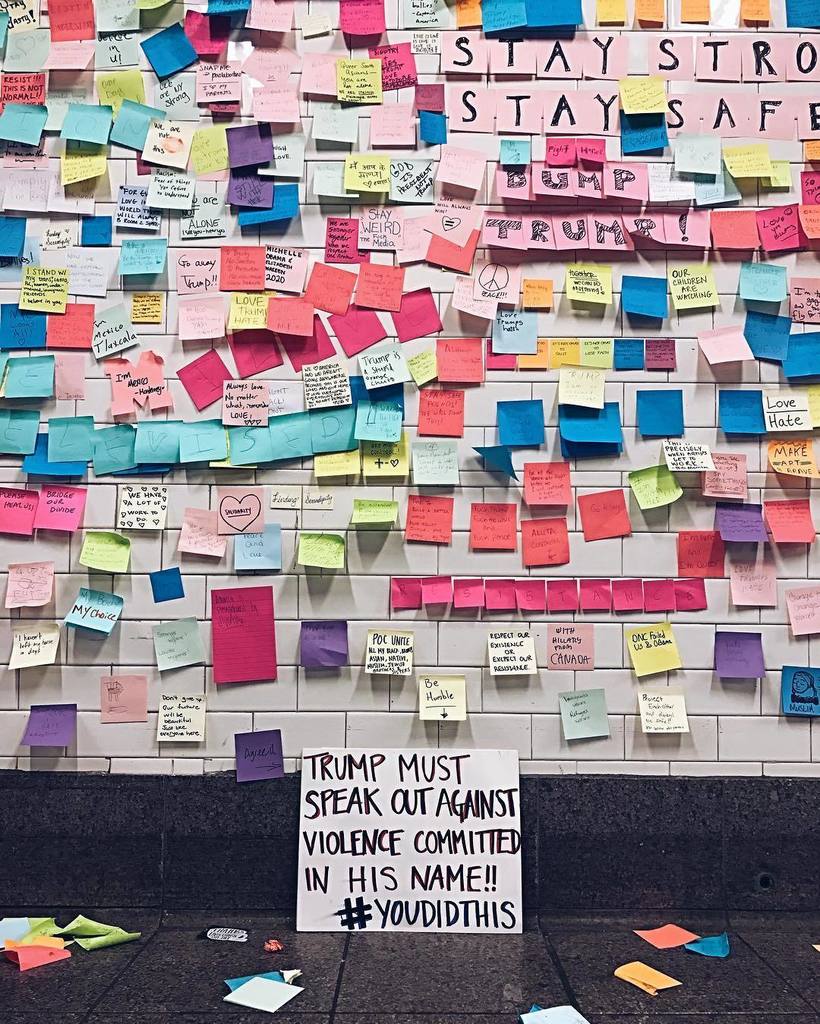By Robine Jean-Pierre
In a modern, globalized world, “Where are you from?” is a very common question to encounter. Oddly enough, I have remarked that when people ask it, they usually mean, “What is your ethnicity?” or “What are your roots?” rather than “What is your nationality?” or “Where were you born (and raised)?”
Because of this double meaning, some would answer, “I’m from here [America]” (which would often elicit a face-palm or a “no, that’s not what I meant”), but many would more readily respond, “I’m from Jamaica” or “I’m Mexican” or “I’m Italian,” even though they were all born and raised here, on U.S. soil; some have never even been to their respective “motherlands.”
Growing up, I had a hard time answering this question because I did not know the correct response. Am I Haitian? In terms of nationality, no, because I was born here. Am I American? Yes, but if you were to trace back my lineage, even by one generation, it would go right back to Haiti. Am I Haitian-American? That seems just about right, but isn’t that what you would call someone who has one Haitian parent and one American parent?
The irony is that, even if I identify as Haitian, if I were to go to Haiti right now, they would call me American without a second thought. Something would give me away–either my accent, mannerisms, or the way I dress. In fact, they would even call me a diaspora, which is a condescending term for someone who does not live in Haiti (even if he or she was born there) and comes to visit. You see, then, why such a simple question can be so complicated.
So what does it mean to be American? It’s not really in my jurisdiction to give a definitive answer, especially in light of the tension surrounding some of our president’s latest political decisions. Highlighting the trends that I have noticed, you are considered American here if (a) you were born here and live here; or if you are a descendant of (b) the original European settlers, (c) the indigenous pre-colonial peoples whom we call “Native Americans,” (d) the African slaves brought over during colonial times; or finally (e) if the generations before you have been here long enough and nothing else applies. (For the sake of argument, I distinguish this from the topic of American citizenship.) I am not saying that any of these are right or wrong answers, but that this is the general consensus I have gotten from listening to others discuss this topic.
So my question is this: why do so many of us seem to refrain from identifying as American, even if we fall into one or more of those categories? I can think of two possibilities. The first is ethnocentrism. For first generation Americans, the pressure to disdain American culture is usually externally imposed. Imagine, for example, a girl named Lola, whose parents were born and raised in the Dominican Republic. Lola was born and raised in the U.S. and does not speak Spanish fluently or know how to cook Dominican food. However, her relatives who were born in the D.R. brag about their experience and knowledge of their culture. They tease her for not knowing how to dance bachata at family gatherings. Whether deliberately or unwittingly, those relatives imply that they are the true Dominicans, while Lola is just a cheap imitation. Little by little, they paint her view of being American as inferior, bland, and boring.
The second possibility is a deliberate contempt for this nation and its heritage. The lack of patriotism is easy to find: people despise the greed infused in capitalism; the waste of food, water, and other natural resources; the hypocrisy of the government; and the brutal nature of its foundation, spearheaded by miscreants like Christopher Columbus. Looking at America from a distance, this land might be a beacon of hope and opportunity for some, but it is certainly an object of ridicule and mockery for others. Who would be eager to metaphorically wave their American flag under these conditions?
The irony is that, while this nation does have its undeniable injustices, so many people have come here seeking freedom, and then they use that very same freedom to deride the country that provides it. They have nothing but negative to say about America, yet they continue to attend its schools, take advantage of its welfare programs, and practice free enterprise. There are so many things people take for granted, so many laws and institutions and privileges here that are either fully corrupt or nonexistent in other countries.
Whether you wish to identify as American or not, I will say this: if you are here, make the most of it. No government is perfect, because governments consist of people, and people are not perfect. Embracing your American identity does not mean you sign off on everything our president is doing. It does not mean you are renouncing your family’s heritage, or that you stand for slavery, genocide, or other elements of this country’s dark past and present. Cynicism will only get you so far in life. “We the people of the United States” (as it says in the preamble of the U.S. Constitution) can truly affect change if we put our minds to it. A good place to start would be to reclaim our American spirit.

http://www.experienceproject.com/stories/Know-The-Preamble-To-The-United-States-Constitution/2690633





